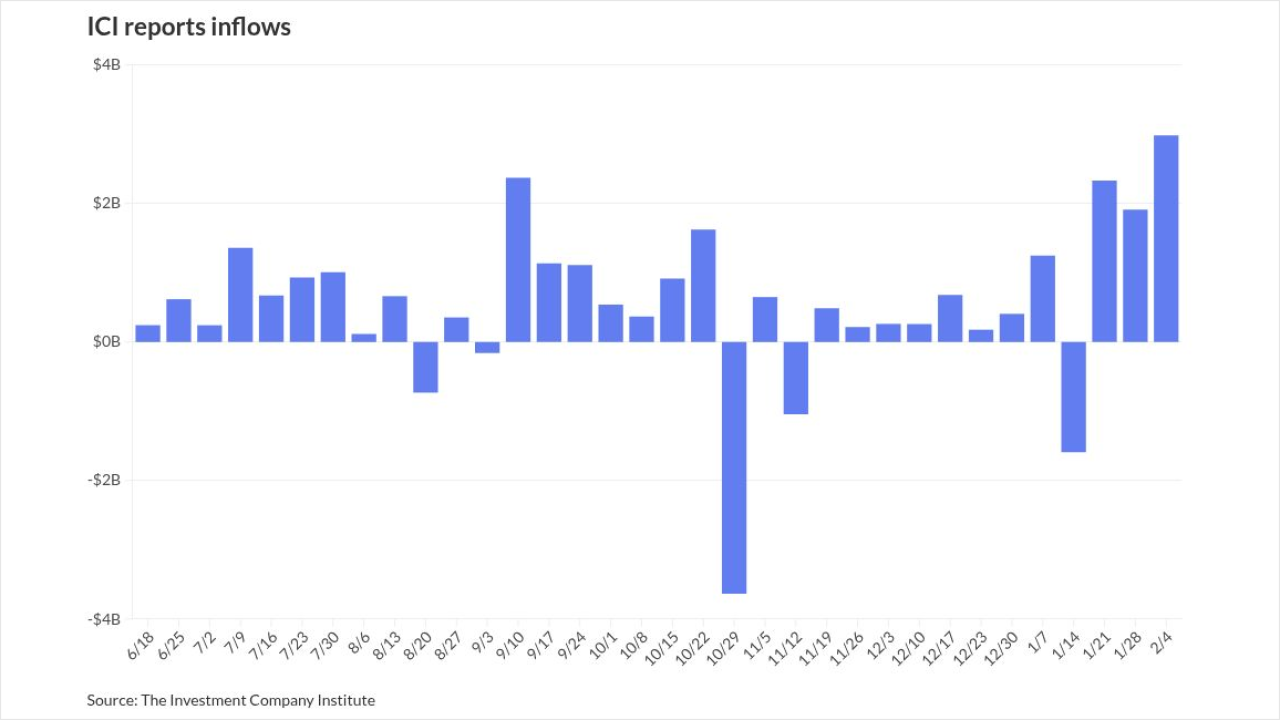
CHICAGO - Market turmoil drove both the early timing and decision to go with a rare negotiated sale on the $109 million new-money and refunding general obligation issue the Milwaukee comptroller's office will bring to market this week.
The city will take retail orders today and offer to institutional buyers tomorrow. Morgan Stanley is the senior manager with Citi, Edward Jones, and Siebert, Brandford Shank & Co. co-managers.
Robert W. Baird & Co. is financial adviser. Katten Muchin Rosenman LLP is bond counsel and Hurtado SC is co-bond counsel.
Ahead of the sale, Fitch Ratings affirmed Milwaukee's AA-plus rating and Standard & Poor's affirmed its AA. Moody's Investors Service affirmed the city's Aa2 credit but revised its outlook to negative from stable on $800 million of GO debt, citing the city's "rapid drawdown" on reserves that will hinder its flexibility in dealing with its economic pressures.
About $75 million of the deal will refund commercial paper previously issued by the city to fund capital projects. The city uses its commercial paper program to raise cash quickly for projects and then typically eventually converts it to a long-term structure. The remainder will generate new money for projects.
Milwaukee typically enters the market with its GOs in the spring and summer, but opted to move up the spring issue to take advantage of positive bond fund cash balances. The city also opted to veer from its traditional policy of selling its GOs competitively due to market concerns.
"We figured with the volatility in the market, a negotiated sale was appropriate in case the market moved against us and we needed to hold the deal," said Michael Daun, a deputy to Comptroller Wally Morics, whose office manages the city's debt issuance.
With the exception of some revenue-backed deals and refundings, the comptroller's office adheres to an internal policy that requires most long-term GOs to be issued through competition. The Milwaukee Public Debt Commission approved the use of negotiation due to market conditions.
Wisconsin state law requires that most new local long-term GOs be sold competitively, but the majority of the sale is refunding. The smaller piece that is not a refunding will be retired within 10 years to avoid violating the state rule.
The finance team is hoping that market appetite for high-grade credits won't be dampened by Moody's negative outlook. Daun said the office is hopeful Mayor Tom Barrett and Common Council members will take notice.
"It's a reminder that the economy is impacting us," he said.
Milwaukee's financial operations steadily improved through 2006 when it carried a general fund balance of $105 million or 17.7% of general fund revenues. Over the last few years, the city has made "significant draws" on undesignated portions of that balance that go into a tax stabilization fund.
"Financial flexibility will continue to pose a challenge for city management as revenue raising opportunities are limited," Moody's wrote. The state's own budget deficit also could affect the city's share of local governmental aid that accounts for nearly 50% of its general fund revenues.
Milwaukee also could face a pension fund payment in its next budget as the fund fell to a still strong 90% funded ratio from 131% in 2007. The city has not been required to make payments into the fund in recent years but may next year, absent a strong market recovery, Daun said.
The city also will likely put on hold efforts to establish a long-term plan to fund its $800 million other post-employment benefit unfunded liability.
Despite fiscal pressures and high debt levels, Milwaukee's credit benefits from a diverse economic base, conservative management, rapid debt repayment, and a still well-funded pension fund.
With its eye on revenue-generating ideas, the comptroller's office expects to launch a request for proposals from financial advisers later this month to select a team to work on a valuation and possible privatization of Milwaukee's water treatment and distribution system.
Under the plan floated by Morics, the city would use any lease proceeds to establish an endowment, with only interest earnings going to support the general fund.





